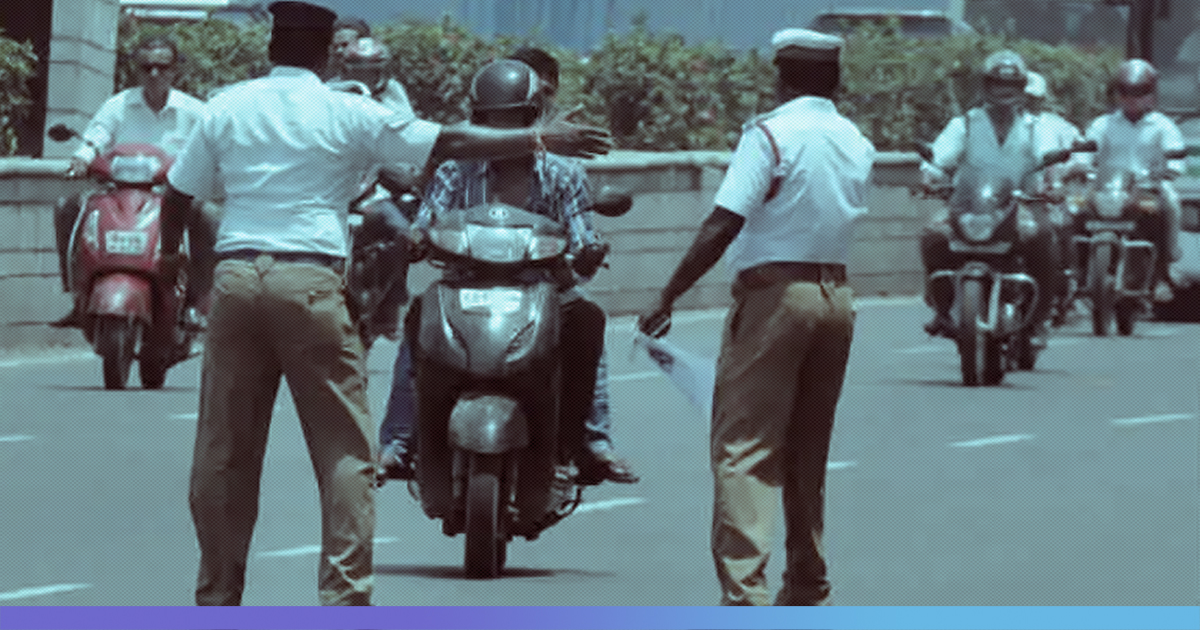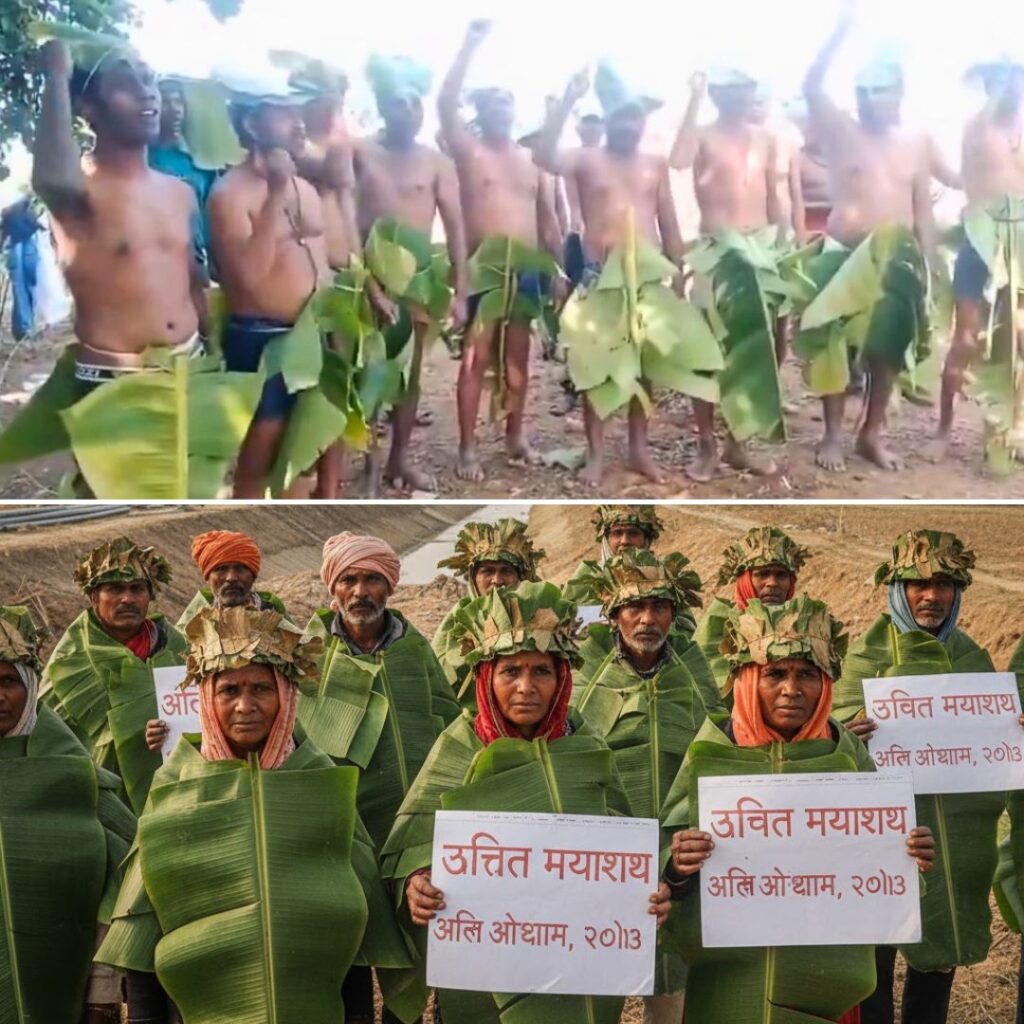After Gujarat announced a drastic reduction in the penalties for traffic violations, as steep as ₹1,000 from ₹10,000, more states have come forward and decided to slash the penalties, and some also refuse to implement the hefty fines.
Some states claim it would overburden people while others said it would lead to corruption.
Ministry Defends Act, Calls It Necessary
However, speaking to India Today TV, Nitin Gadkari, Minister for Road Transport & Highways of India, said that the high penalties under the amendment have gone through many debates and it was passed after careful recommendations with all stakeholders.
Urging compliance with the law, the minister said if people didn’t break the law, they wouldn’t be fined. He also said that media coverage on fines had helped, and people could be seen in large numbers outside RTO offices to get driving licences.
“Over 30 per cent driving licences were bogus earlier, which is now changing. All this could lead to a lesser number of deaths due to accidents,” he said, urging people should take the law seriously.
Driving when physically or mentally unfit, racing, overspeeding, driving an unregistered vehicle and overloading of passengers are some of the provisions for which states have the power to revise the penalty.
After Gujarat, Other States Also Follow Suit
As per data obtained from the Ministry of Road Transport and Highways, 1.47 lakh people died due to road accidents in 2017; the scenario remains the same in 2019. Despite the data, states such as West Bengal, Madhya Pradesh, Rajasthan, Punjab, Jharkhand and Maharashtra refuse to impose hefty fines to encourage road discipline.
States like Punjab, Karnataka, Kerala, Goa, Jharkhand and Dehradun are also planning a revision of the penalties.
Bengal Chief Minister, Mamata Banerjee referred to the penalities as ‘too steep’ and claims that they would overburden people in her state. “We are not implementing the amended Motor Vehicle Act right now because our government officials think that if we implement it, then it will be a huge burden on the people. It is very harsh,” Banerjee told reporters.
Rajasthan government also said that it would not be implementing an “impractical law” pointing at the hefty fines. “We cannot stop the Central Motor Vehicle, the Central Government. We have the right to change the compounding amount,” State transport minister Pratap Singh Khachariyawas said.
State Transport Minister of Maharashtra, Diwakar Raote has written to Gadkari stating that the fines are “way beyond the limits” of ordinary people. “We have asked the Central government to lessen the fine. Till the time we get a reply, we will wait and not implement the new fines. Once we get the reply and it is negative, we will decide our future action,” Raote said.
Gujarat Slashed Fines To Half
This comes a day after the Gujarat government revised the fines under the new Act and became the first state to change penalties and reduce in by almost 90 per cent in some instances.
Under the new norms, Gujarat commuters will have to pay just Rs 500 on days they get caught for not wearing helmets. Those who are caught driving without a licence will have to pay Rs 2,000 for two-wheelers and Rs 3,000 for vehicles under the new rule.
Inspired by the move, Karnataka chief minister B.S. Yediyurappa on Wednesday said that it would follow the model adopted by Gujarat government that proposes to reduce the fines for traffic violations by half.
Penalty provisions under the law came into effect on 1 September. However, states can revise fines for more than two dozen provisions that are compoundable, whereas the penalties for non-compoundable offences where the nature of the offence is severe can not be altered.
Also Read: Gujarat Govt Slashes Traffic Violation Penalties To Half, Defies Centre’s New Motor Vehicle Act











